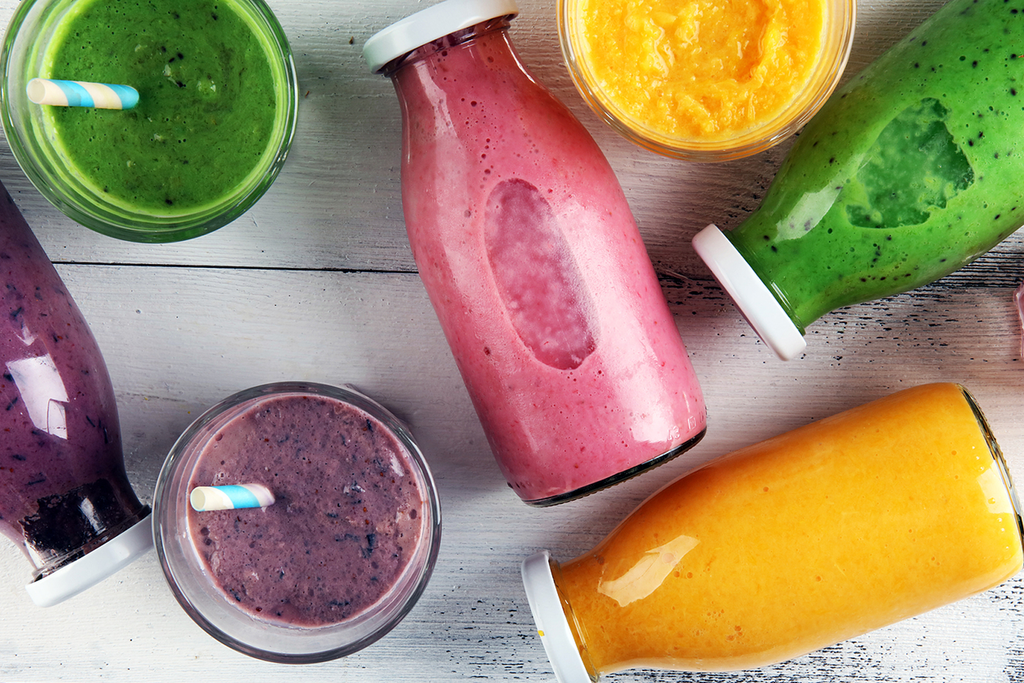4 Nutrients That Are Essential For Healthy Blood Pressure
Almost 30% of Americans deal with high blood pressure. It’s very common. And it’s a very serious condition with very real consequences. Worse still, of that 30% of the population with high blood pressure, only about half have it under control.
High Blood Pressure vs Hypertension
Just so you know, high blood pressure is sometimes referred to as hypertension. The two terms basically mean the same thing. Don’t think they’re separate conditions.
Danger Increases As Age Increases
People of just about any age can have high blood pressure. But the stats for people over the age of 50 are alarming. Over half of adults aged 55 to 64, and 70% of people aged 65 to 74, have high blood pressure.
This is a huge concern because high blood pressure can cause massive damage to your heart, brain, and kidneys. It’s a major factor in heart disease and strokes: two of the biggest causes of death.
Why Do So Many People Have High Blood Pressure?
Well, first, there are no warning symptoms from high blood pressure. You may have it now and not know it. This is why you should check it regularly.
Second, nutrition. The typical American diet is essentially tailor made for causing high blood pressure. Changing what you eat and drink can help you control high blood pressure.
So, here are four key dietary nutrients for controlling blood pressure…
1) Omega-3 Fatty Acids, Both EPA and DHA
- They lower inflammation in the arteries, improve blood cholesterol levels, and decrease triglycerides.
- EPA and DHA are found only in cold water fatty fish, like salmon, anchovies, sardines, mackerel, herring, and lake trout.
- If you aren’t eating those fish regularly – like at least two or three times per week – then it’s vital that you supplement with between 1,000 and 2,000 milligrams of EPA and DHA every day.
- For more information about how to choose a fish oil supplement, watch my video called “Fish Oil Benefits and Why You Should Be Consuming It”.
2) CoQ10
- CoQ10 is a powerful antioxidant. That means it fights oxidative stress, which is a main driver of heart disease.
- It supplies your cells and your heart with the massive amount of energy they need to function.
- CoQ10 helps your vascular endothelium to function properly (the cells lining your blood vessels). It helps them to relax, allowing unrestricted blood flow, which lowers pressure.
- If you use prescription blood pressure medications or cholesterol lowering statins, you really must supplement with CoQ10. Those drugs are known to deplete your body of CoQ10.
- Good food sources of CoQ10 include organ meats, poultry, fatty fish, spinach, cauliflower, broccoli, sesame seeds, pistachios, strawberries, and oranges (although they’re higher in sugar).
3) Magnesium
- This mineral is critical for regulating hundreds of things that need to happen in your body, yet most people don’t get enough of it. Some estimates claim 80% of people are magnesium deficient.
- For blood pressure, magnesium helps blood vessels relax.
- It’s important for muscle and nerve function.
- Good sources of magnesium include dark leafy greens, almonds, avocado, pumpkin seeds, Brazil nuts, flax, and chia. You’ll also get some magnesium from fatty fish.
- In addition to eating magnesium-rich foods, most people should take a magnesium supplement of up to 500 milligrams daily.
- My product called Body Calm – a lemon flavored powder that you can mix into hot or cold water – is great to drink in the evenings to help your body relax before bed. Not only can it help you sleep well, it will handle any magnesium deficiency that you may have. Better sleep and more magnesium will support improved blood pressure.
4) Potassium
- Potassium relaxes blood vessel walls and helps conduct electrical signals in your heart.
- It counteracts high levels of sodium, which are really common in processed food.
- Be wary of medications that deplete potassium levels e.g. antibiotics, antacids, corticosteroids, and diuretics.
- Eat plenty of potassium-rich foods every day: avocado, sweet potato, beets, broccoli, spinach, peas, cucumber, and Brussels sprouts.



